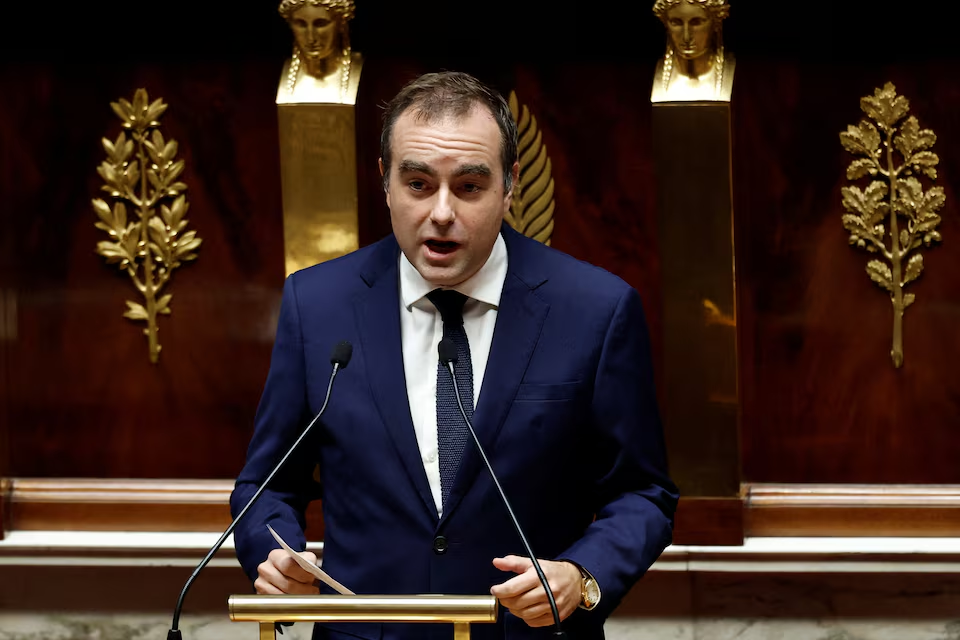Germany's National Election on February 23: 4 Candidates Competing for Chancellor Position - Olaf and Alice in the Spotlight
Berlin, February 18 – Four candidates are competing for the position of Germany's next Chancellor in the upcoming election, which will take place on February 23. The candidates include the current Chancellor, the opposition leader, the current Vice Chancellor, and — for the first time — a leader from a far-right party.
Germany's National Election on February 23: 4 Candidates Competing for Chancellor Position - Olaf and Alice in the Spotlight
Germany's National Election on February 23: 4 Candidates Competing for Chancellor Position - Olaf and Alice in the Spotlight
Berlin, February 18 – Four candidates are competing for the position of Germany's next Chancellor in the upcoming election, which will take place on February 23. The candidates include the current Chancellor, the opposition leader, the current Vice Chancellor, and — for the first time — a leader from a far-right party.
Olaf Scholz
At 66 years old, Scholz has been Germany’s Chancellor since December 2021. This center-left Social Democrat has extensive government experience, having previously served as the Mayor of Hamburg and as Germany’s labor and finance minister. As Chancellor, he faced unexpected crises. Following Russia’s invasion of Ukraine, he initiated efforts to modernize Germany’s military and made Germany the second-largest supplier of weapons to Ukraine. His government took measures to counter high inflation and avoid an energy crisis. However, his three-party coalition government became notorious for internal conflicts and collapsed, especially over discussions on how to revitalize the economy, as Europe’s largest economy has been shrinking for the past two years.
Friedrich Merz
At 69 years old, Merz is the opposition leader and has emerged as the main contender in the election campaign, with his center-right Union bloc leading in the polls. Merz became the leader of the Christian Democratic Union party after former Chancellor Angela Merkel stepped down in 2021. He has shifted his party’s policies to a more conservative direction and made curbing irregular migration a central issue in his campaign. However, Merz lacks experience in government. He joined the European Parliament in 1989 and later became a lawmaker in the German Bundestag. After 2009, he took a break from active politics, practicing law and heading the supervisory board of BlackRock's German branch.
Robert Habeck
At 55, Habeck is the candidate of the environmentalist Green Party. He is also Germany’s current Vice Chancellor and Minister for Economy and Climate, responsible for energy issues. From 2018 to 2022, he served as co-leader of the Green Party, during which the party gained popularity. However, in 2021, he stepped aside to let Annalena Baerbock — now Germany’s Foreign Minister — make her first run for Chancellor. His ministerial record has received mixed reviews, particularly over a plan from his ministry to replace fossil-fuel heating systems with greener alternatives, which caused divisions within the government.
Alice Weidel
At 46, Weidel is making the first-ever bid for Chancellor from the far-right, anti-immigration party, Alternative for Germany (AfD). She has been with the party since its founding in 2013 and became co-leader of its parliamentary group after the party won seats in the national legislature in 2017. She has served as co-leader of the party since 2022. In December, she was nominated as the party's Chancellor candidate, but other political parties have stated that they will not work with the AfD, meaning that her path to the top position is currently unrealistic.
On February 23, one of these four candidates will be chosen to lead Germany into a new political era.










